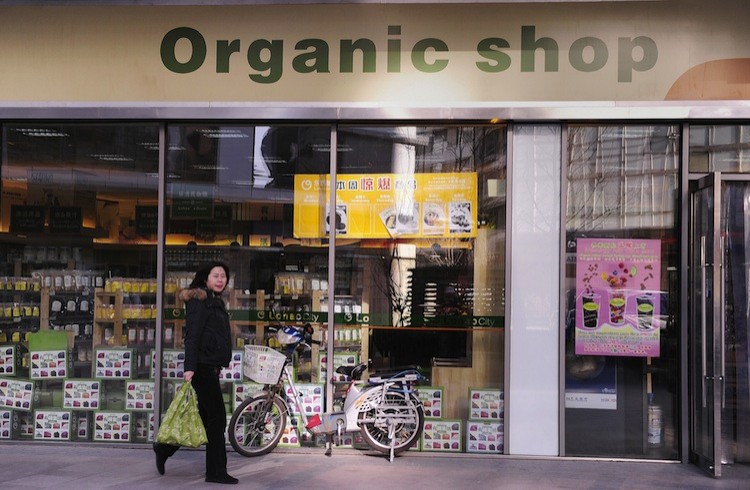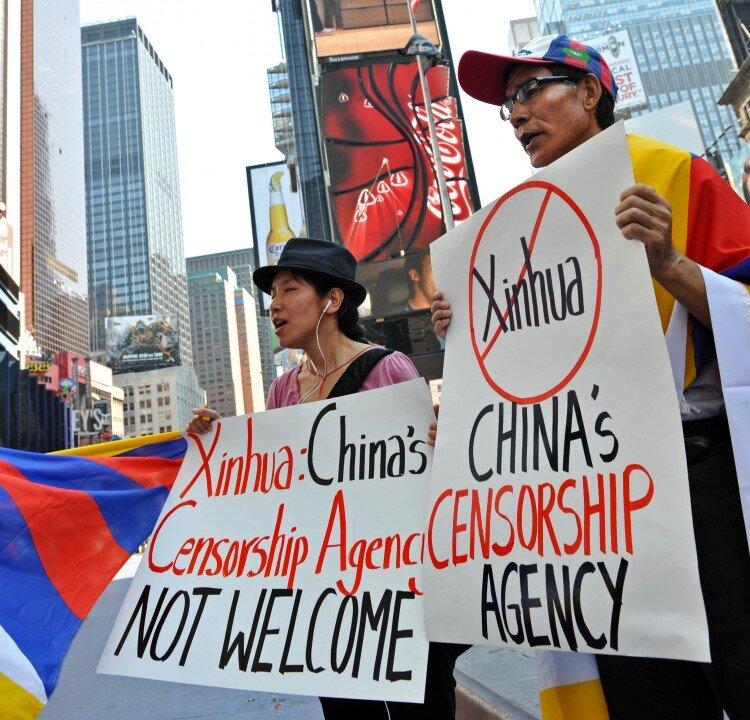Western Countries Say ‘No’ to Chinese Organic Food
The European Union and the United States have pretty much closed their doors to many Chinese products labeled “organic,” as they discovered that China’s organic certification system is below standards.

Beijing's first organic health foods store in the capital that opened in 2009. Many Chinese food imports that are labeled 'organic' contain harmful and unlabeled ingredients and pesticides. Peter Parks/Getty Images
|Updated:





